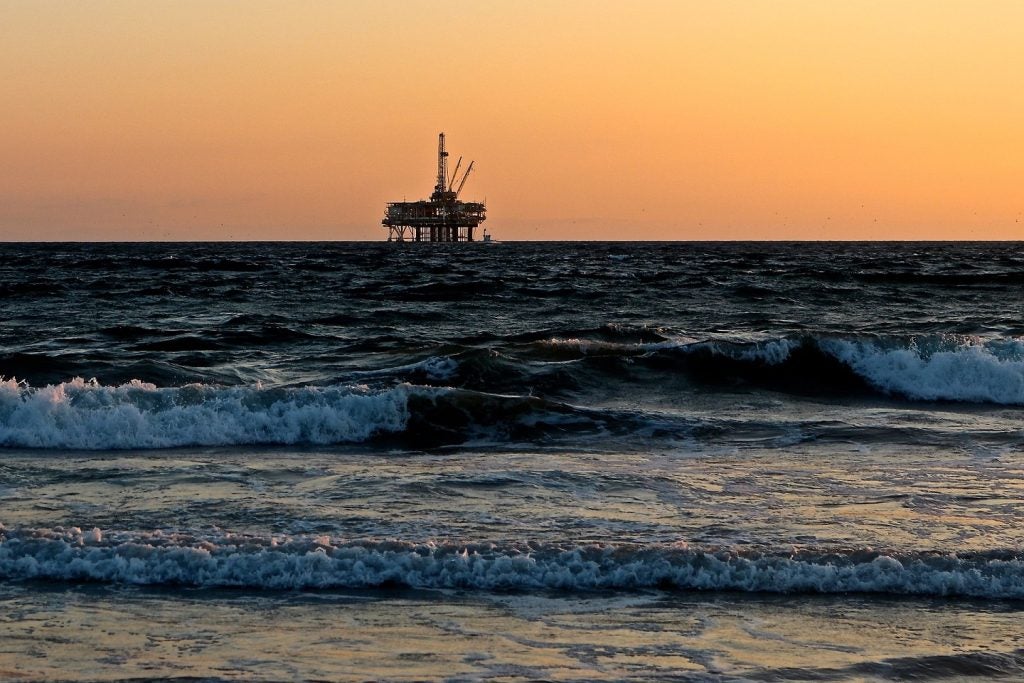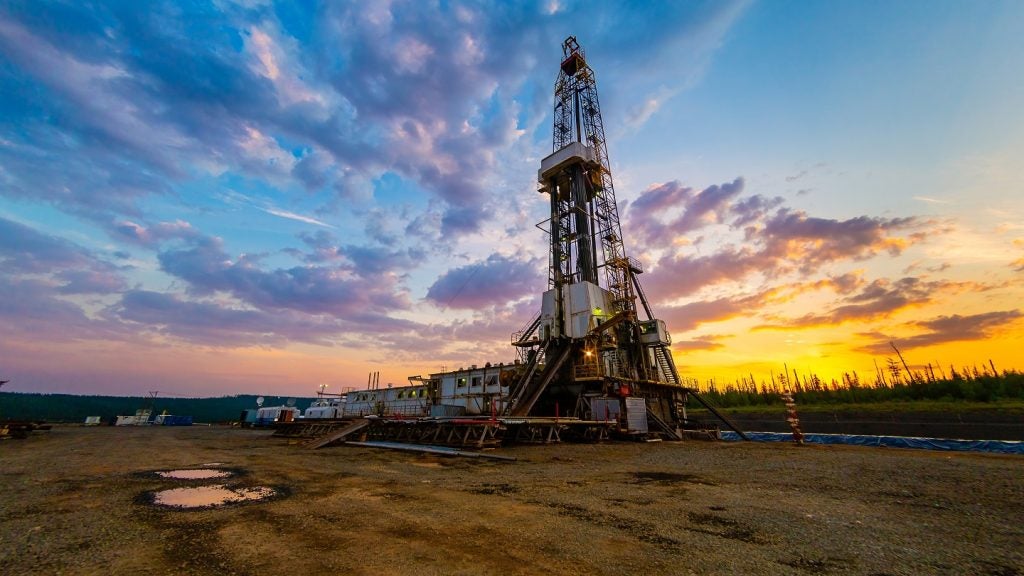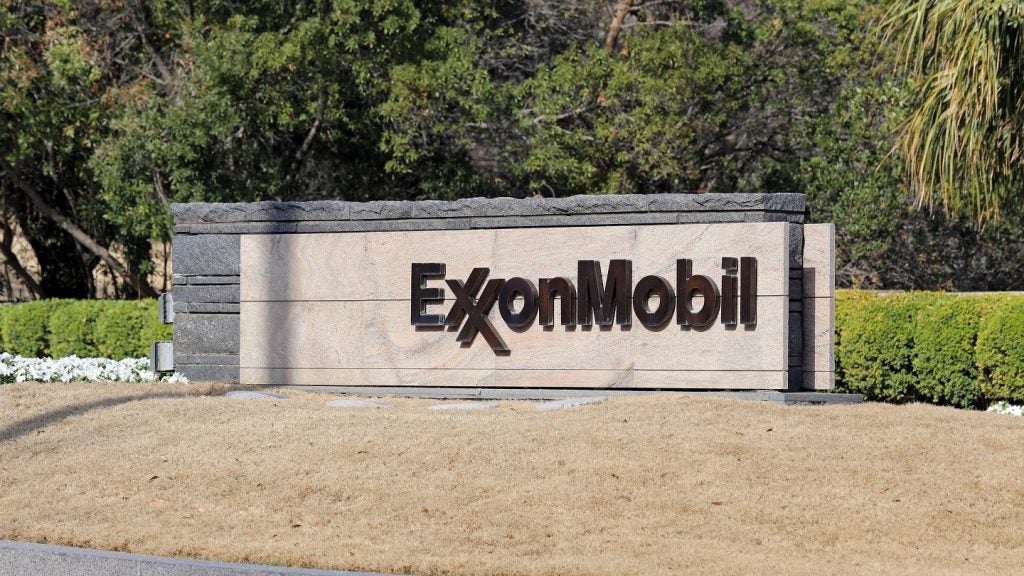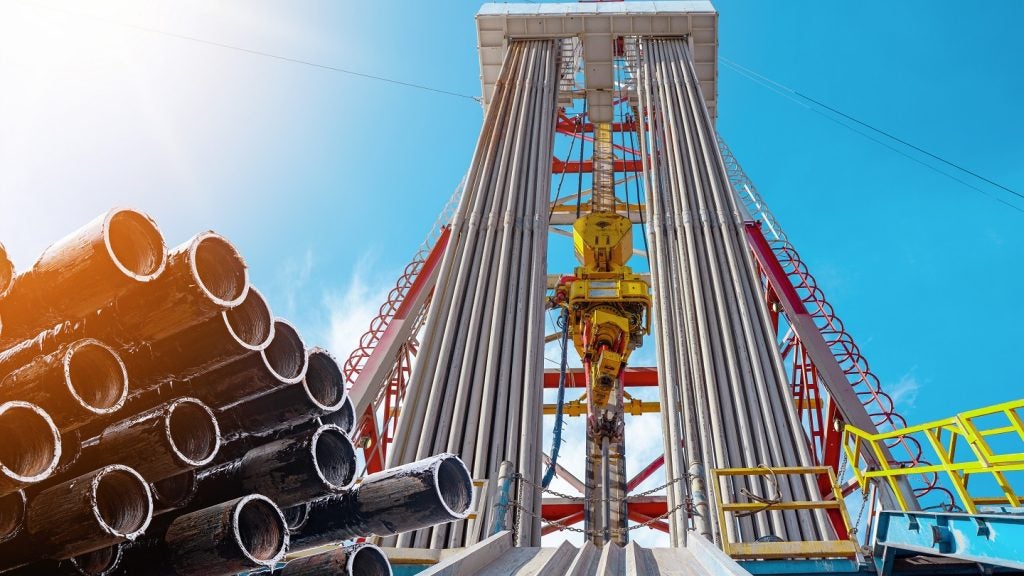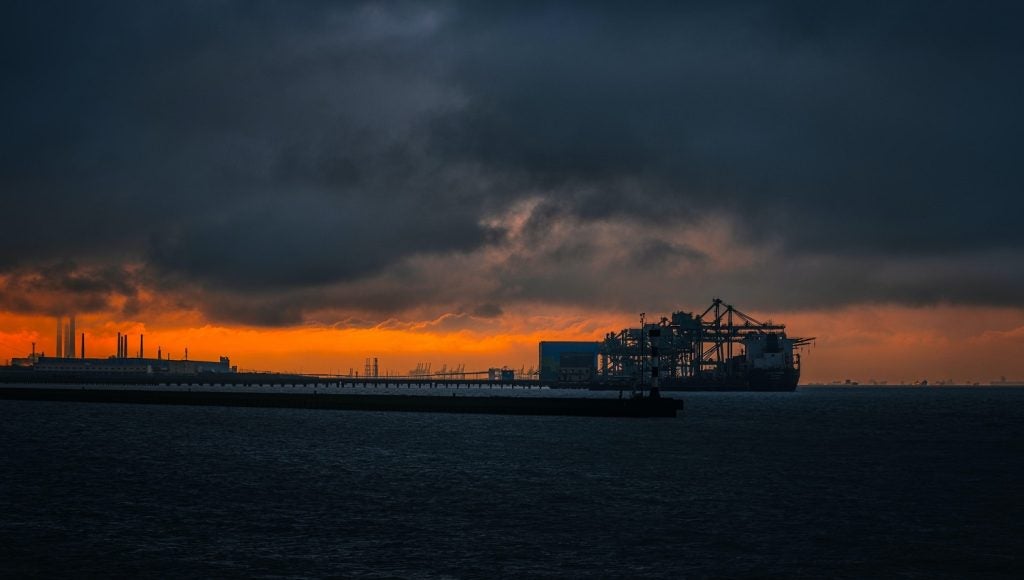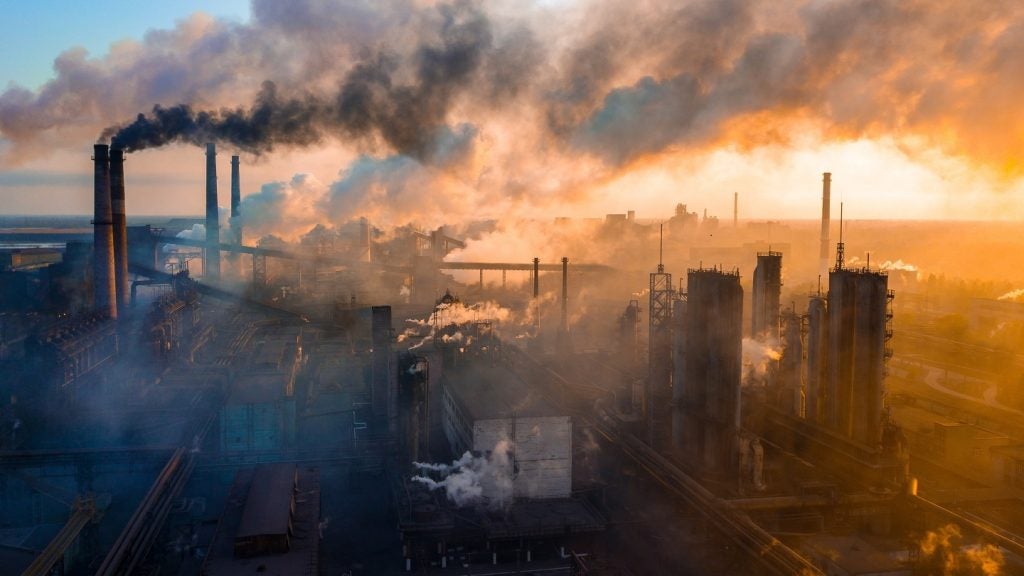TotalEnergies, as part of the Libra Consortium, has announced the final investment decision (FID) to develop a subsea natural gas and CO₂ separation and reinjection facility for the Mero field offshore Brazil.
Using a HISEP, the pilot unit will help separate oil from CO₂-rich gas at the seabed and reinject the gas into the reservoir.
The implementation of HISEP technology is aimed at reducing greenhouse gas (GHG) emissions intensity by decreasing the volume of gas sent to the surface facility, while increasing the production capacity of the field.
The French company plans to integrate the HISEP subsea separation pilot unit with the Marechal Duque de Caxias FPSO platform, which is part of the Mero 3 project.
TotalEnergies OneTech president Namita Shah said: "TotalEnergies is proud to participate to the development of this new technology in the Mero field. In addition to its benefits in Brazil, it should find applications for other projects within the company.
“Such innovation fits with TotalEnergies' approach to develop its businesses while reducing its emissions and costs, to improve its competitiveness in a sustainable way.”
Located in the Libra block, the Mero field is operated by Brazilian state-owned oil and gas company Petrobras, which has a 38.6% stake.
Other partners in the project include TotalEnergies (19.3%), Shell Brasil (19.3%), China National Petroleum Corporation (9.65%), China National Offshore Oil Corporation (9.65%) and Pré-Sal Petróleo (3.5%).
Recently, the Libra consortium started production from the second development phase of the Mero oilfield, known as Mero-2.
Mero-2 includes the Sepetiba FPSO unit with a capacity of 180,000 barrels per day.
Currently under construction, Mero-3 and Mero-4 are scheduled to commence operations by 2025.
FPSO Guanabara, also referred to as Mero-1, was commissioned in April 2022.
https://pixabay.com/photos/oil-rig-sea-oil-gas-drill-2191711/


